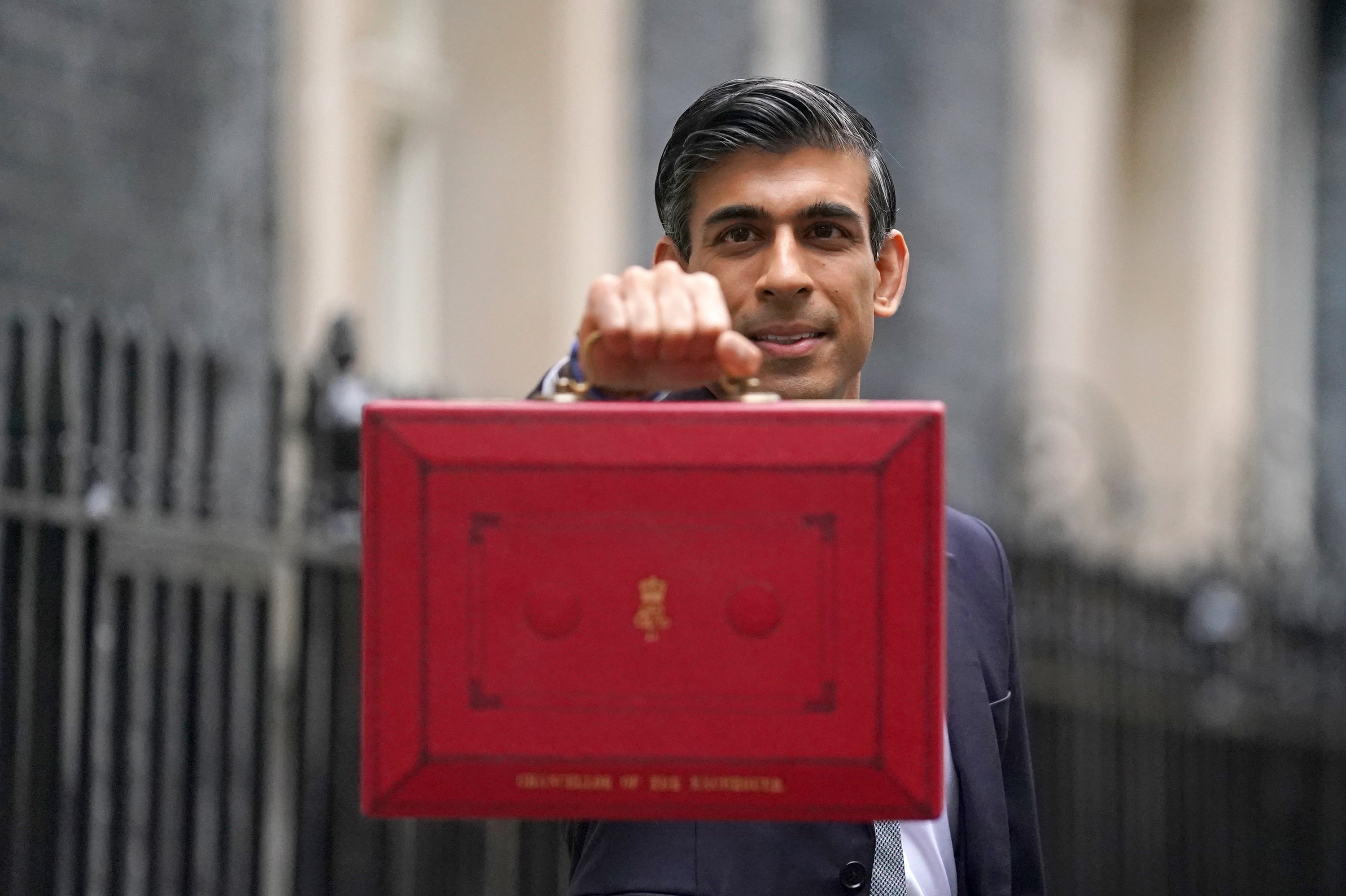Government should avoid NI rise during cost of living crisis, experts warn
Economists from UK think-tanks appeared in front of the Treasury Committee on Monday and said inflation has been far higher than first assumed.

Your support helps us to tell the story
From reproductive rights to climate change to Big Tech, The Independent is on the ground when the story is developing. Whether it's investigating the financials of Elon Musk's pro-Trump PAC or producing our latest documentary, 'The A Word', which shines a light on the American women fighting for reproductive rights, we know how important it is to parse out the facts from the messaging.
At such a critical moment in US history, we need reporters on the ground. Your donation allows us to keep sending journalists to speak to both sides of the story.
The Independent is trusted by Americans across the entire political spectrum. And unlike many other quality news outlets, we choose not to lock Americans out of our reporting and analysis with paywalls. We believe quality journalism should be available to everyone, paid for by those who can afford it.
Your support makes all the difference.The Government should not be raising national insurance during the cost of living crisis, economists have told MPs
Giving evidence to the Treasury Select Committee, Tom Clougherty, from the Centre for Policy Studies, said it was “extremely perverse” to raise the tax currently and it should be delayed.
Torsten Bell, from the Resolution Foundation said the Government should raise income tax instead of national insurance – and warned lower-income households are going to feel the squeeze harder than others.
Mr Clougherty said it was “extremely perverse to raise taxes on ordinary earners in the middle of a cost of living crisis”.
Mr Bell said that “all sensible people” think income tax rates should have been increased by the Government, instead of the controversial national insurance rise.
He added: “More than 50% of the savings from the National Insurance delay would go to the top 20% and it’s the bottom 20% whose energy bills are about to get hammered, so that isn’t a good policy given the world you find yourself in.
The economist explained: “I think it’s going to be a pretty tough year and the whole country is going to feel squeezed in 2022 and lower income households are going to struggle most with that.”
Robert Joyce, the deputy director at the Institute for Fiscal Studies also told MPs that “in April specifically there will be pain for everyone” regardless of income, but that those on lower incomes would suffer more.
Their comments come as the committee looks at how the economy is set to fare in coming months with the looming hike in energy bills.
Regulator Ofgem will announce the next rise for the Government’s price cap in February, which will come into effect in April.
Analysts are predicting it could rise by as much as 50% due to sky-high global gas prices and think-tanks have called on the Government to intervene.
The rises have also impacted inflation, which the panellists said was far higher than first thought.
The Office for National Statistics (ONS) reported the highest year-on-year inflation level for 30 years for December 2021 at 5.4%.
Mr Bell said it had risen faster than “any of us broadly expected”.
He added: “The OBR (Office for Budget Responsibility) was expecting 4.5% to be the peak as recently as October and we are heading to high sixes, more than likely 6.5% as the peak of inflation.
“What is sitting behind that is two big things, what’s happening to hydrocarbons and particularly gas prices and what that does to the cost energy and to the input in lots of other production.
“And then the global reopening of the economy, particularly focused on the demand for goods running up against supply constraints and the two together are particularly leading to high inflation rates.”
The economist also pointed out that high energy bills are also likely to push inflation even higher.
Mr Clougherty said he did not believe that the current high rates of inflation would be persistent, but that there is a risk of it remaining high if there is another wave of coronavirus.